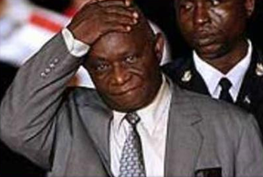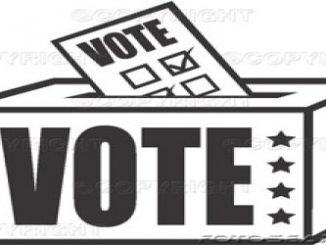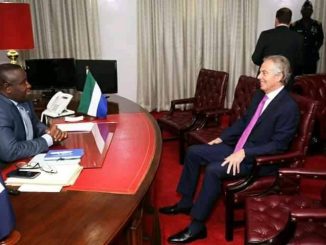
On Its Sickbed, Sierra Leone’s Democracy Needs an Injection of People Power.
The Electoral Commission for Sierra Leone (ECSL) may have declared winners in Sierra Leone’s June 2023 multi-tier elections, but the country’s democracy ultimately emerged as the loser in the electoral process.
On 24 June 2023, Sierra Leoneans turned out in large numbers across the country for presidential, parliamentary and local government elections. Even when logistical problems in parts of the country threatened to disenfranchise some voters, in a show of resilience, they remained in line after nightfall, determined to have their voices heard through the ballot box. But that resilience from citizens turned to apathy once election results were announced by the ECSL and President Julius Maada Bio was hastily sworn in for a second term despite looming concerns from domestic and international observers about the opacity of vote tabulation and statistical inconsistencies in the official election results announced by ECSL. With the exception of vitriolic social media posts by the supporters of the two main political parties, there was an eerie silence from the people, who looked to domestic and international election observers or a seemingly disorganised, rudderless opposition party to speak for them. That same eerie silence was present the day after the Cotton Tree fell exactly one month before the 24 June elections. That once-towering national symbol of freedom was, like citizens, tired of being resilient and carrying the weight of the country’s unhealed trauma and mythical democracy on its back.
Where citizens have handed over their power to others, whether willingly or unwillingly, they are the ultimate losers. Citizen apathy undercuts the critical role that civil society plays in building confidence in democracy by closely monitoring all phases of elections.
Civil society is not just organised groups or institutions like non-governmental organisations (NGOs) or professional associations or trade unions that amplify their constituencies’ voices, but more importantly, ordinary citizens or communities collectively taking social action. This is why Sierra Leone’s Truth and Reconciliation Commission (TRC) called on Sierra Leonean civil society to “safeguard democracy by highlighting instances of electoral fraud.” Unfortunately, when National Election Watch (NEW), the country’s largest coalition of citizen election observers, raised questions and concerns about the election results announced by ECSL based on the findings of its Process Results and Vote Transparency (PRVT), the citizen group and some of its members were met with intimidation and death threats.
The June 2023 elections and their aftermath were riddled with missed opportunities to signal that electoral democracy is advancing in Sierra Leone. By its unresponsiveness to public calls for polling station results to be published, the ECSL has failed to clear doubt about vote tabulation and results. Aggrieved parties, namely the All People’s Congress, shut the door on challenging the election results through due process in the courts.
The government likewise has floundered in shoring up citizens’ confidence in its stated commitment to free, fair, transparent and credible elections. Rather, some government officials seem intent on doing linguistic gymnastics to emphasise the peaceful nature of the election while avoiding mention of transparency and credibility, deflecting attention from questions and concerns about electoral irregularities to appointments to Bio’s new youthful and more gender-inclusive cabinet, and gaslighting citizens by accusing those who raise concerns about electoral irregularities of inciting instability in the country.
What these politicians fail to grasp is that when lingering doubts exist about the electoral process or results, anything that flows from it, including commendable actions, becomes tainted.
Please follow LEONE VIEWS ♥️🇸🇱



